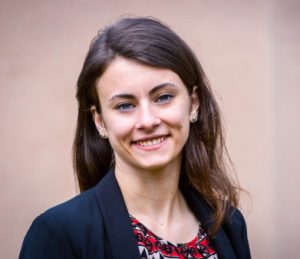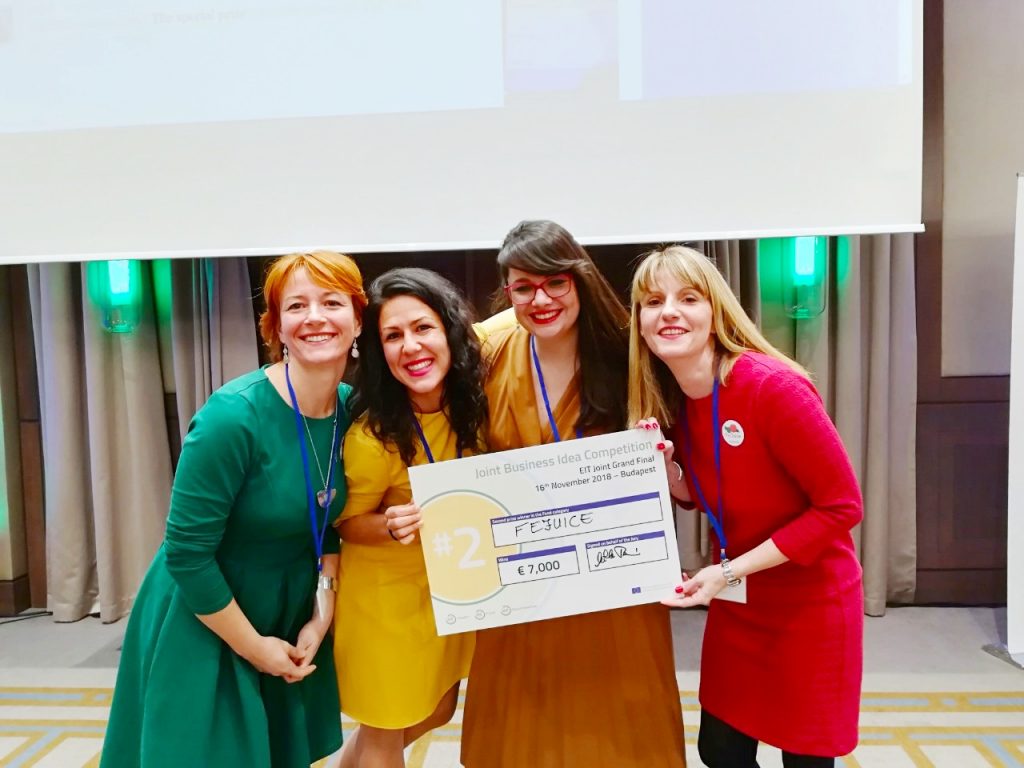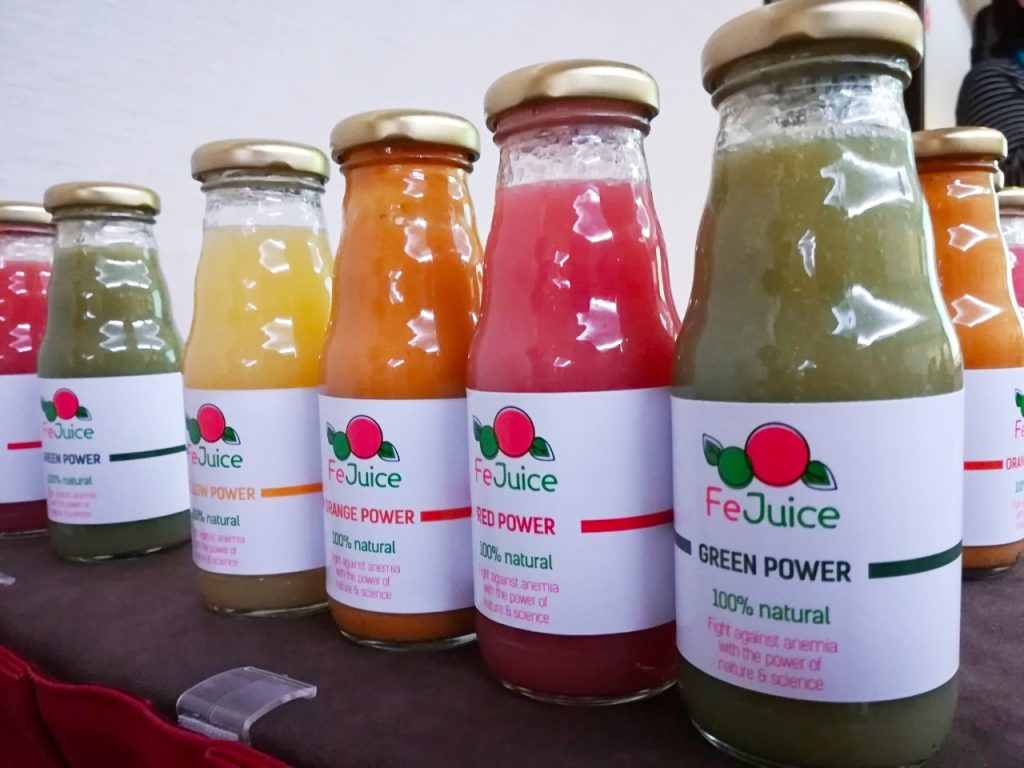According to the decision of the Agency for Mobility and EU Programs of the Czech Republic, the project HUNTOUR – Development of education in relation to the influence of ongoing climate change to hunting tourism was selected for funding (Erasmus+ Key Activity 2: Strategic Partnerships (KА203)).
The project leader is the Czech University of Life Sciences Prague (Faculty of Forestry and Wood Sciences), and other partners on the project are University of Novi Sad (Faculty of Sciences), University of Helsinki (Ruralia Institute) and National Agricultural Research and Innovation Centre (Hungary). The leader of the project on behalf of the University of Novi Sad is Milosava Matejević, PhD, and other team members are Vladimir Marković, PhD, Zoran Ristić, PhD, Milutin Kovačević, PhD, Igor Ponjiger and Biljana Basarin, PhD (Department of Geography, Tourism and Hotel Management).
The main goal of this project is to support the development of hunting tourism in European countries through the creation of a transnational joint education program for key competencies and skills in implementing adequate and responsible hunting tourism in a sustainable way that is crucial not only for improving the quality of this type of tourism, but also for the protection of wildlife and its habitats.
The expected outcomes of the project are: a scientific publication that would include an analysis of the current situation in selected countries in terms of economic, environmental and social aspects of hunting tourism; open digital education; evaluation of the countries’ potential for the development of hunting tourism; the multiplier effect of measuring the economic impact of hunting tourism on the economy; best practice studies – case studies related to hunting tourism; creating a transnational joint education program for key competencies and skills in implementing adequate and responsible hunting tourism.
The project started in September 2020 and will last for 3 years.

 According to the Decision of the Agency for EU Mobility Programs of the Republic of Croatia, the financing of the project InAMath – An interdisciplinary approach to mathematical education (Erasmus + Key Activity 2: Strategic Partnerships (KA201)) was approved. The project brought together distinguished educational institutions from the region, from Croatia, Slovenia, Bosnia and Herzegovina and Serbia.
According to the Decision of the Agency for EU Mobility Programs of the Republic of Croatia, the financing of the project InAMath – An interdisciplinary approach to mathematical education (Erasmus + Key Activity 2: Strategic Partnerships (KA201)) was approved. The project brought together distinguished educational institutions from the region, from Croatia, Slovenia, Bosnia and Herzegovina and Serbia.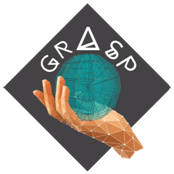 The GRASP project in the field of artificial intelligence, dealt by researchers from the Faculty of Sciences, Novi Sad meets very high and precise criteria of the Science Fund, which finances projects with clear and sustainable goals, a concept and systematic and well-designed methodology.
The GRASP project in the field of artificial intelligence, dealt by researchers from the Faculty of Sciences, Novi Sad meets very high and precise criteria of the Science Fund, which finances projects with clear and sustainable goals, a concept and systematic and well-designed methodology.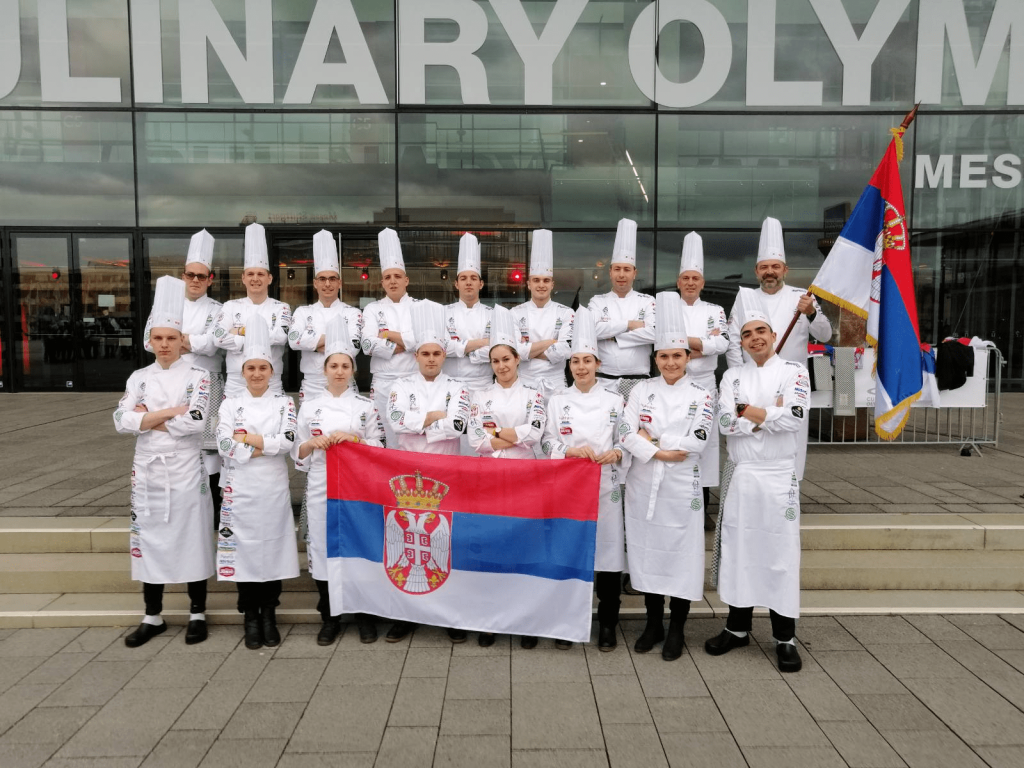
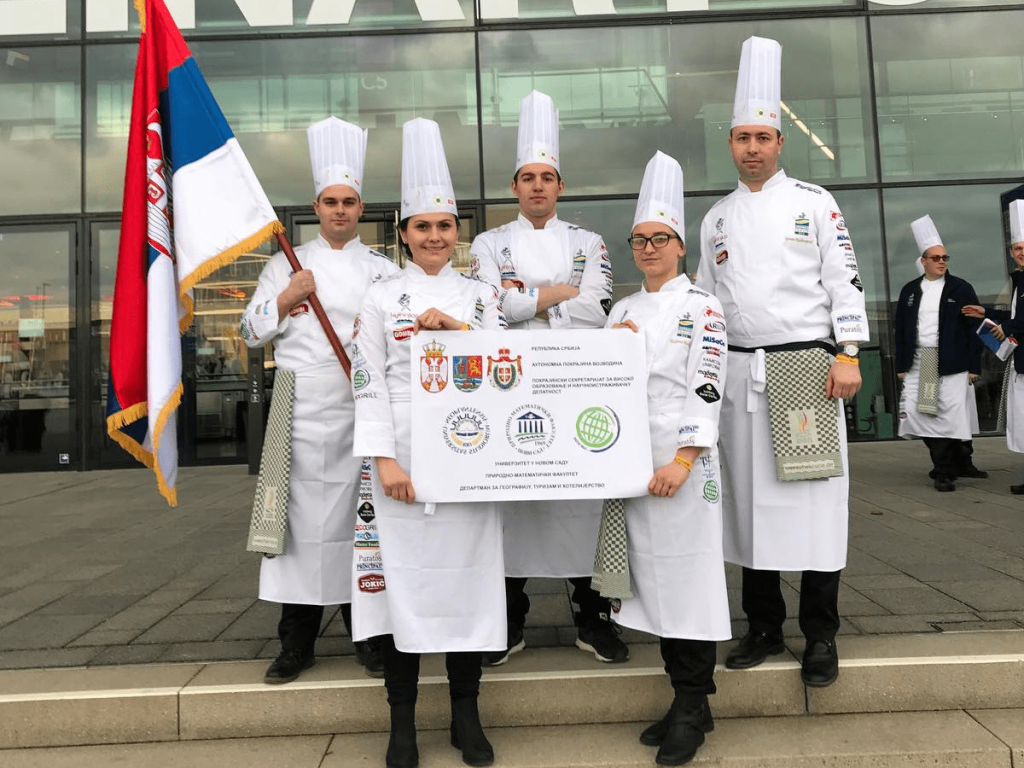
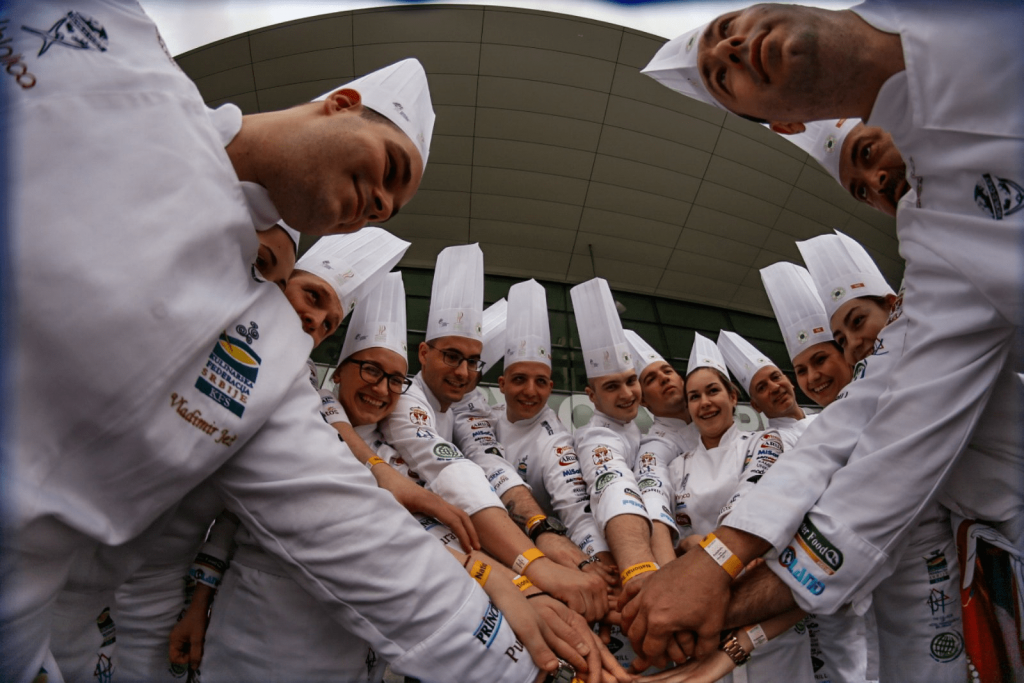
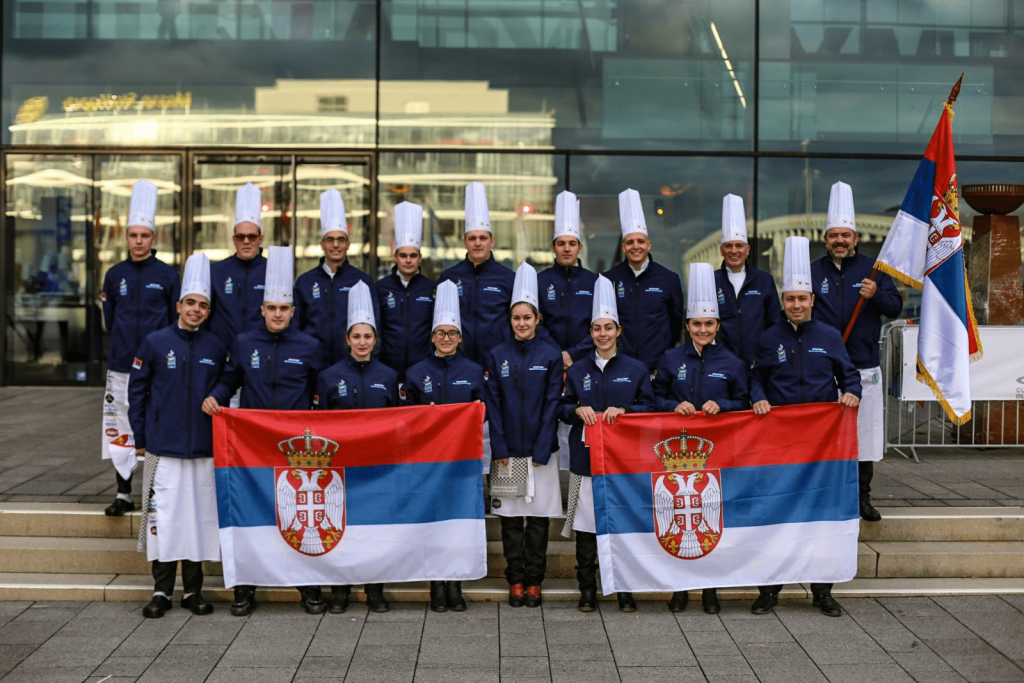
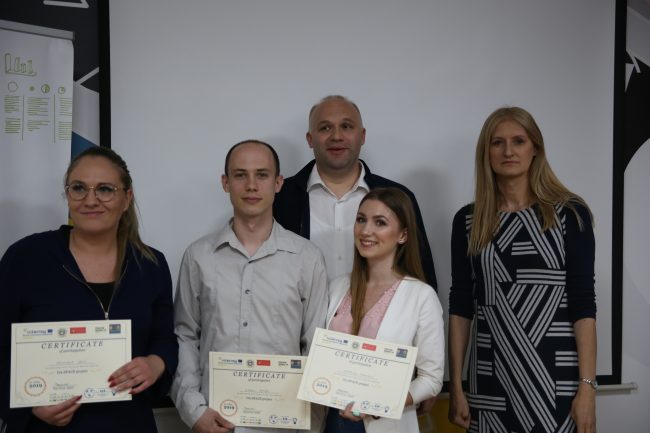 The Demo Day of the Second Cycle of Open Innovations Lab of the DA-SPACE project was held on April 18th in the Business Incubator, Novi Sad.
The Demo Day of the Second Cycle of Open Innovations Lab of the DA-SPACE project was held on April 18th in the Business Incubator, Novi Sad. Our team from the Department of Geography, Tourism and Hotel Management, the Faculty of Sciences in Novi Sad, achieved outstanding results – three medals and one certificate of merit. Danica Rinčić won a silver medal in the pasta category, Aleksandra Dimitrijevic won a bronze medal in the risotto category, Miloš Kuzmanović won a bronze medal in the risotto category, and Tatjana Bodvoji won a junior merit award in the vegetarian dish category.
Our team from the Department of Geography, Tourism and Hotel Management, the Faculty of Sciences in Novi Sad, achieved outstanding results – three medals and one certificate of merit. Danica Rinčić won a silver medal in the pasta category, Aleksandra Dimitrijevic won a bronze medal in the risotto category, Miloš Kuzmanović won a bronze medal in the risotto category, and Tatjana Bodvoji won a junior merit award in the vegetarian dish category.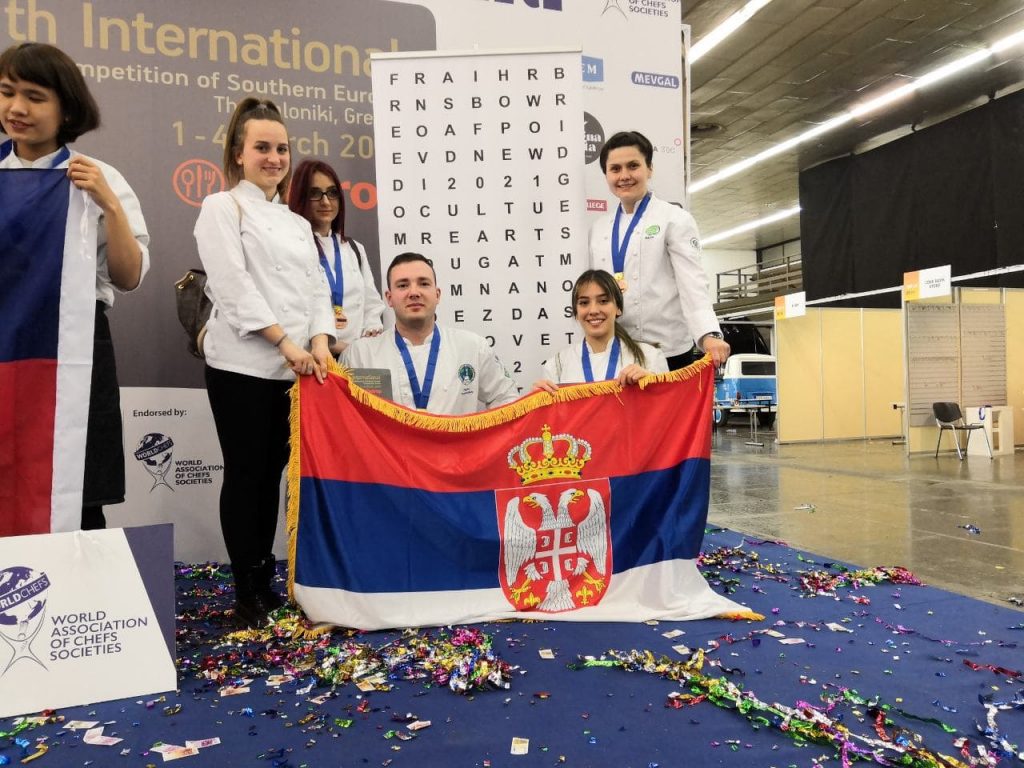 One of our team’s objectives at the competition was to promote authentic food from Vojvodina. The dishes for the competition were prepared in a modern way from local food products: mangulica (Mangalitza) bacon, wine from Fruska Gora, fungi from Fruska Gora, carrots from Begec, cheese from Sombor, wheat, proso millet. Our gastronomy team’s objective to promote local products at this prestigious competition was supported by the Foundation 2021, Novi Sad – European Capital of Culture. Students were mentored by: Goran Radivojevic, Skills Teacher, Dr Bojana Kalenjuk, Assistant Professor and Maja Banjac, Teaching Assistant.
One of our team’s objectives at the competition was to promote authentic food from Vojvodina. The dishes for the competition were prepared in a modern way from local food products: mangulica (Mangalitza) bacon, wine from Fruska Gora, fungi from Fruska Gora, carrots from Begec, cheese from Sombor, wheat, proso millet. Our gastronomy team’s objective to promote local products at this prestigious competition was supported by the Foundation 2021, Novi Sad – European Capital of Culture. Students were mentored by: Goran Radivojevic, Skills Teacher, Dr Bojana Kalenjuk, Assistant Professor and Maja Banjac, Teaching Assistant.
